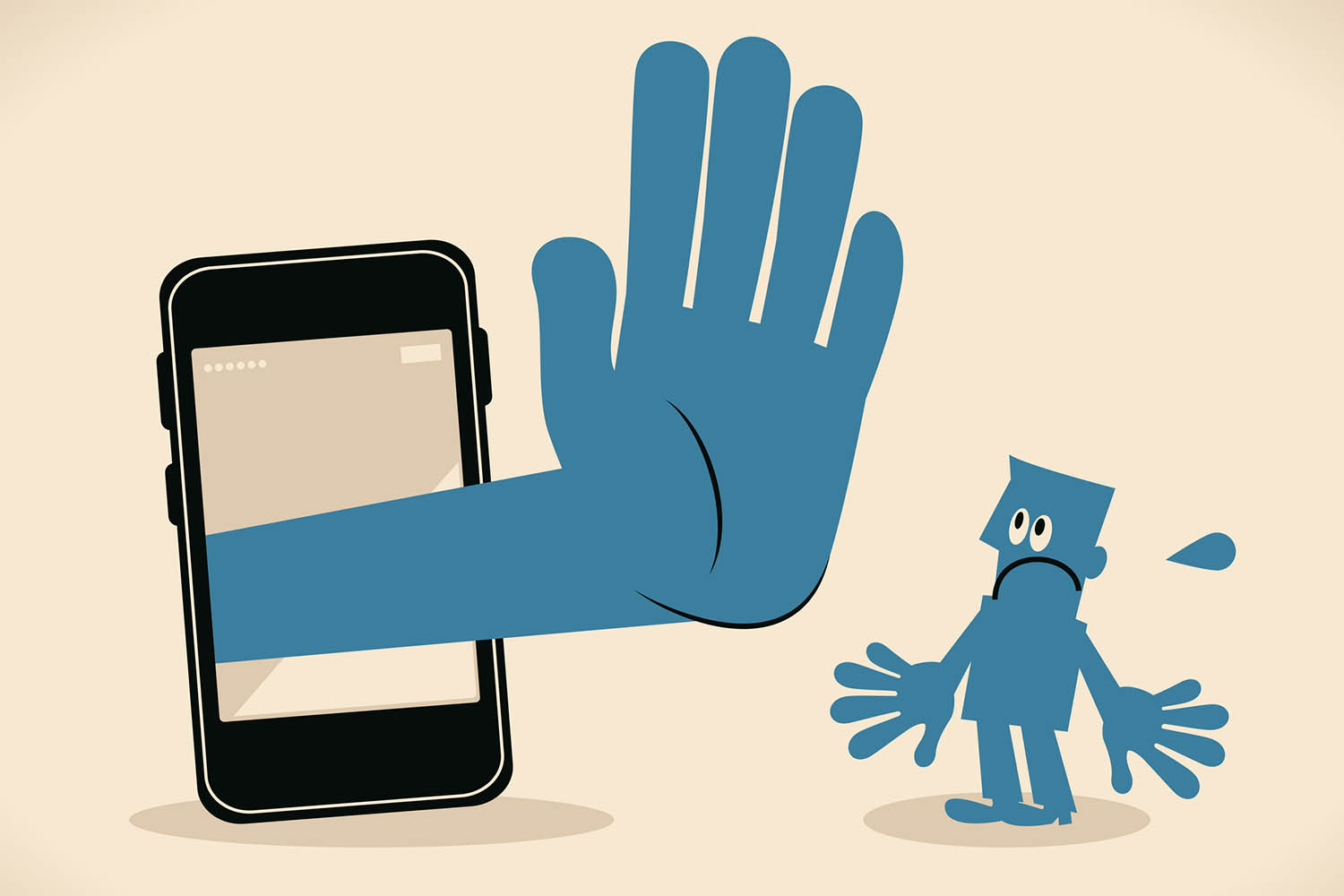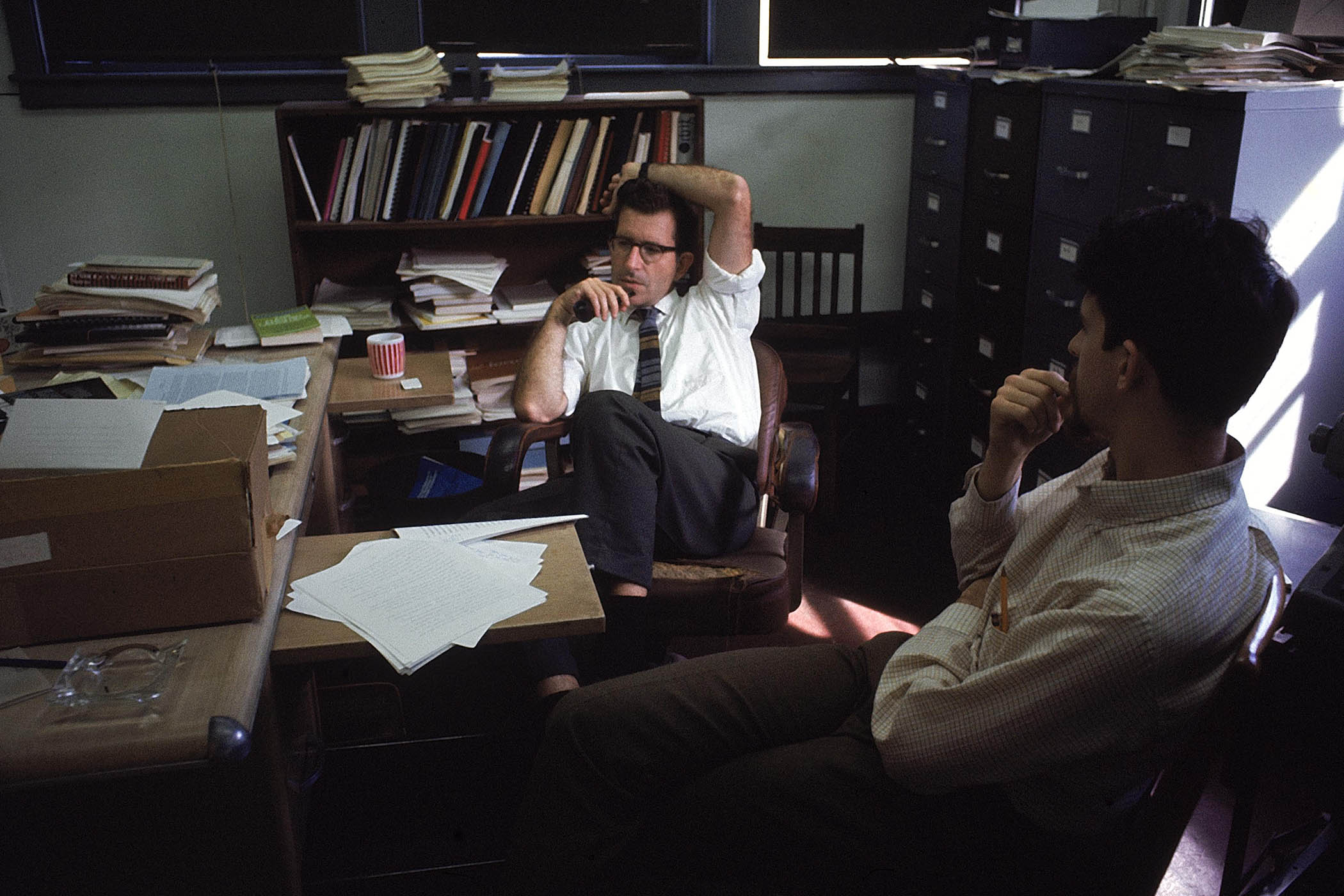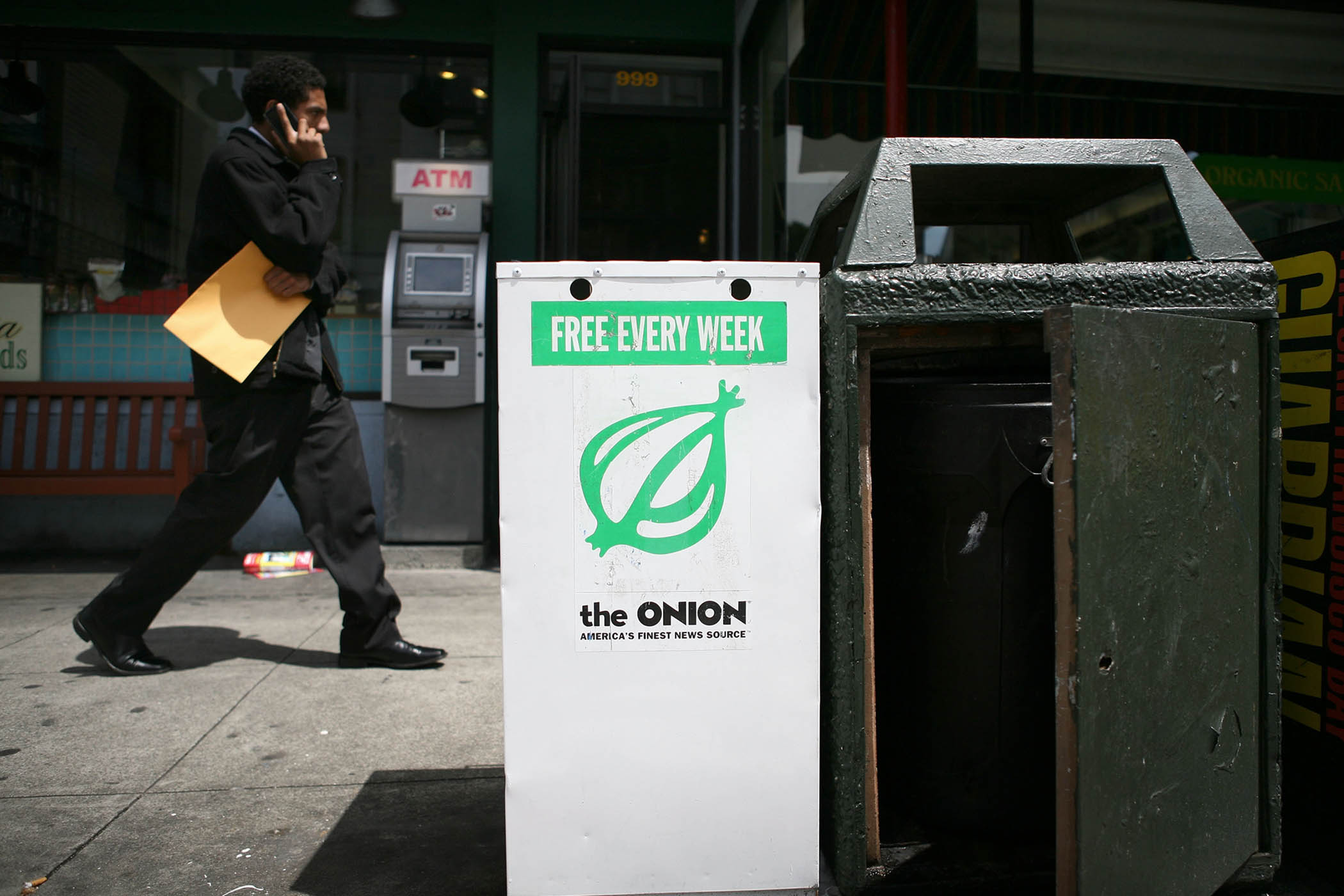When I first downloaded the social media blocking app Opal, it wasn’t because I was addicted to my phone, it was because I had a job to do.
In early 2023, my agent had good news – a publisher wanted to offer me a deal for my book, Logging Off. But, with a deadline of eight months to write a non-fiction book that spanned topics including digital exclusion, addictive algorithms and online misogyny, it wouldn’t be easy.
Juggling being an author and part-time work meant every hour had to be dedicated to research, interviews, and writing. That meant quitting the habit of impulsively scrolling, something I’ve done since I got my first smartphone aged 12.
Two years on, I still block my social media for large chunks of the day, and the benefits have been immense. But recently I noticed something that made me feel uneasy about Opal. What started as a minimalist app that did what it said on the tin has now started to resemble the very thing it tries to tackle – addictive social media.
It’s like dating apps, whose business, paradoxically, relies on us staying single
It’s like dating apps, whose business, paradoxically, relies on us staying single
With gemstones you receive for using it more, leaderboard profiles (similar to Candy Crush) and even streaks to compete against friends, the app that helped curb my social media habit now looks sadly similar to Facebook after it adopted features in the 2010s to get us hooked.
It’s not just Opal either. There’s now a whole market of “digital fixes” to our digital problems, be it the Light Phone III, Brick app blocker, or apps such as Cold Turkey.
It’s unsettling when the very tech designed to tackle our social media dependency ends up adding to the problem it’s trying to solve. Is this boom a sign of rapid technological development, or a desperate attempt to stay necessary and keep selling us something? It’s like the paradox of dating apps, whose business depends on us staying single. Apps that sell us the fix of curing social media addiction probably don’t want us to stop needing them.
I’m pleased to see the rising popularity of digital detoxes and displeasure at tech that seeks to capture our attention, whatever the cost. But the gamification of logging off and profiting from our social media dependency only follows the same pattern of exploitation that tech titans created in the first place.
Related articles:
For now, I’m going back to the basics, and switching off my phone.
Logging Off: The Human Cost of Our Digital World is published by Trapeze
Newsletters
Choose the newsletters you want to receive
View more
For information about how The Observer protects your data, read our Privacy Policy


